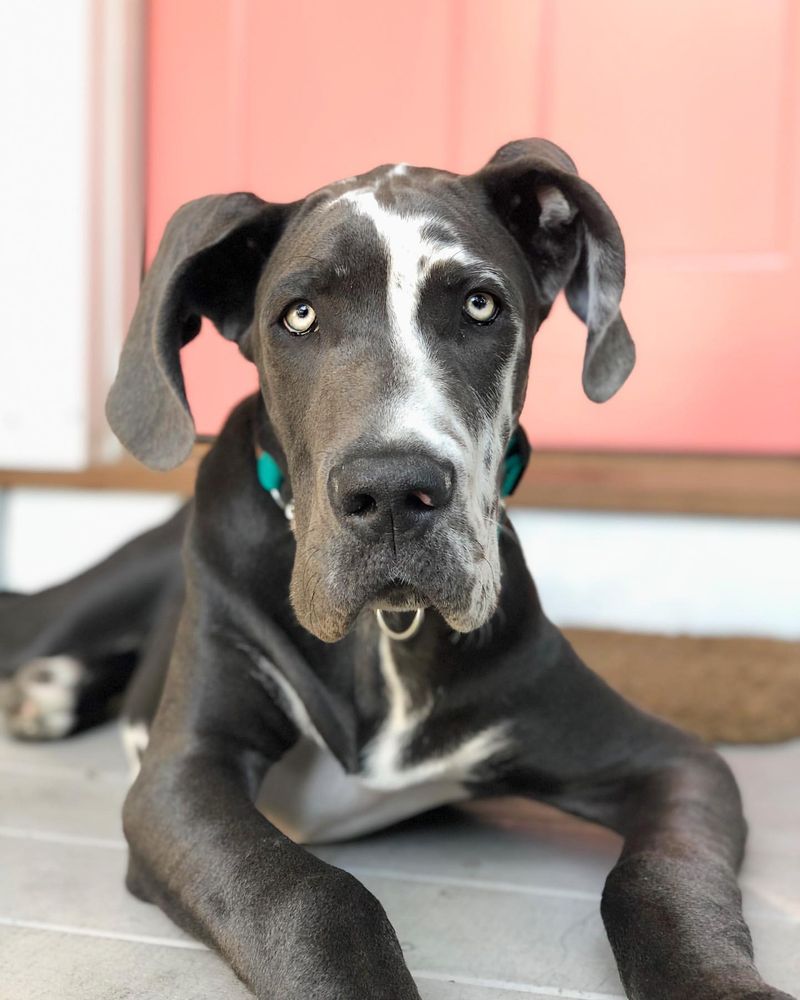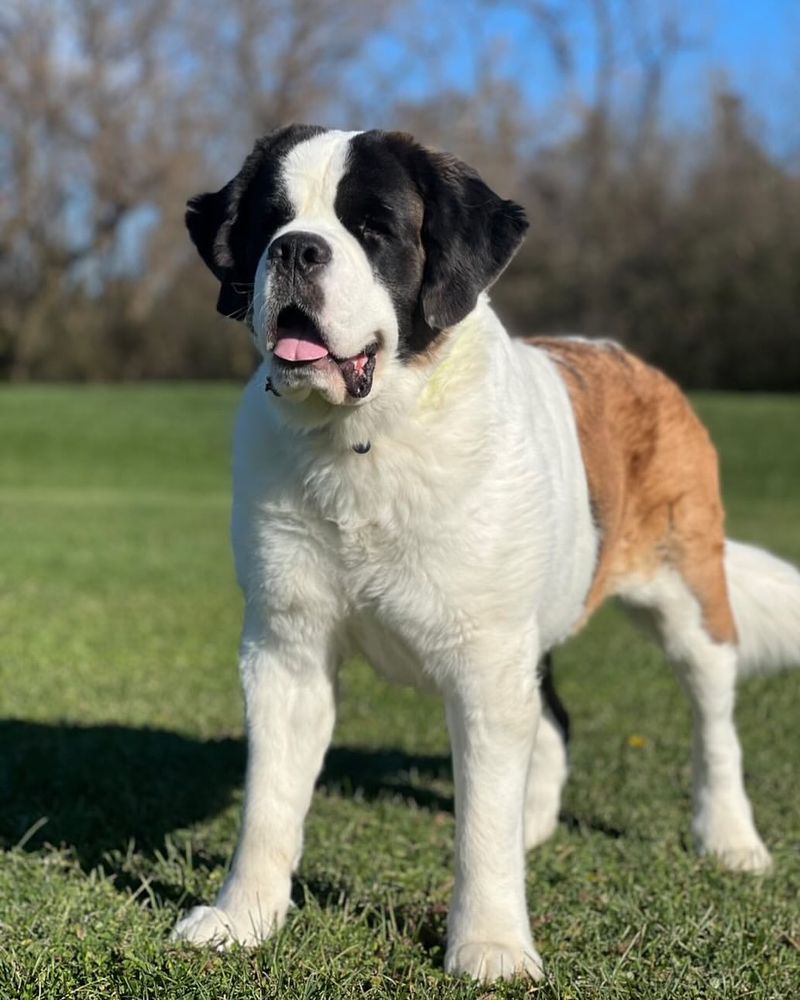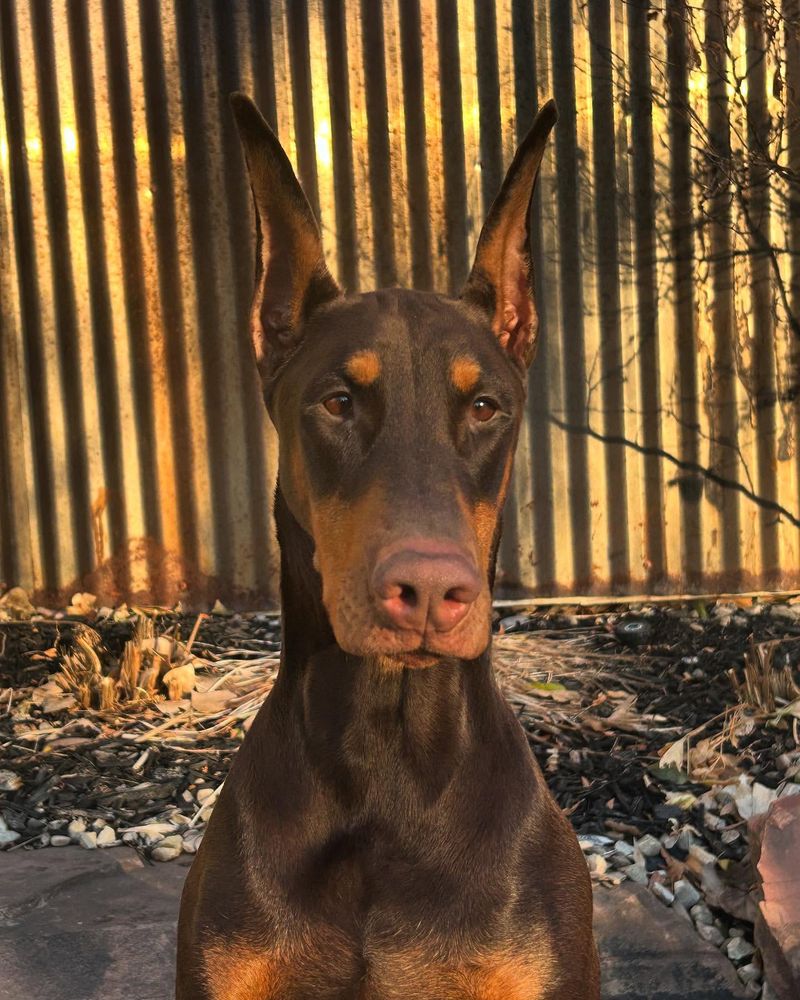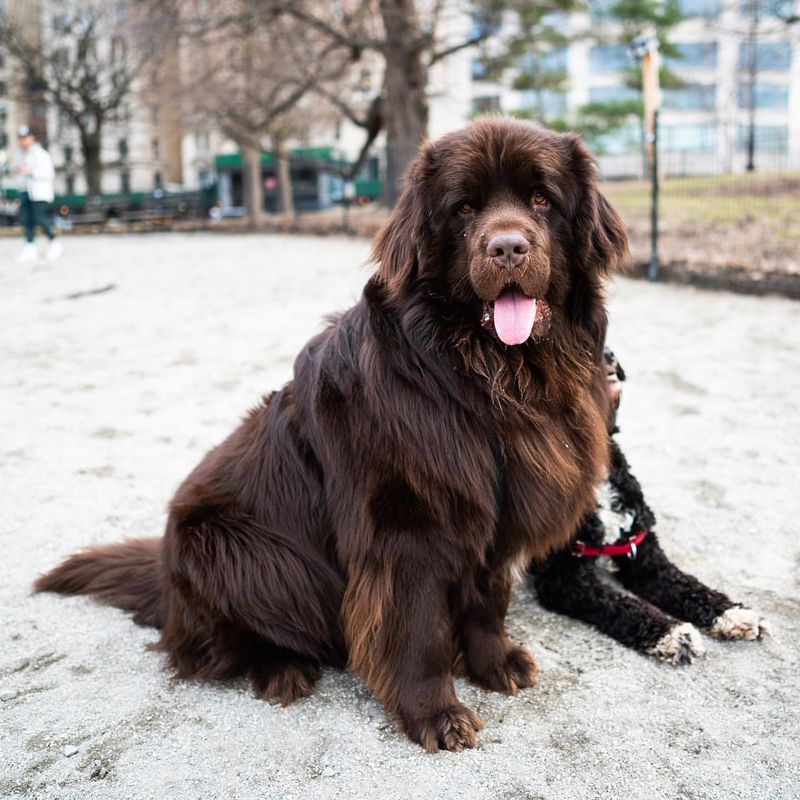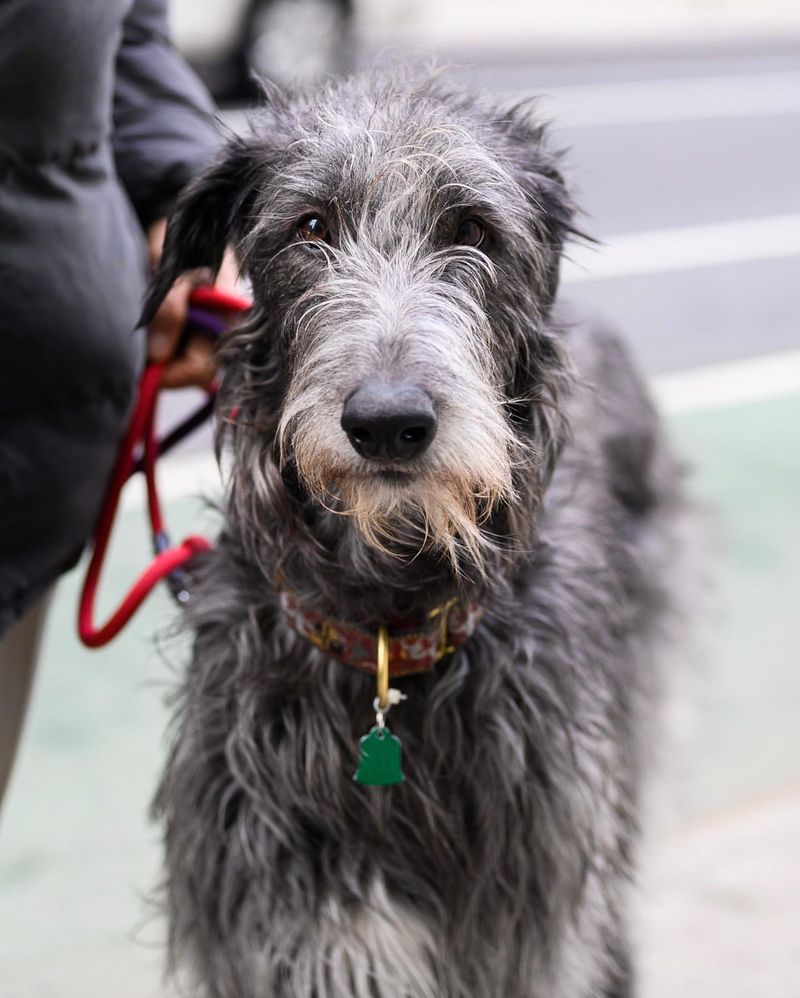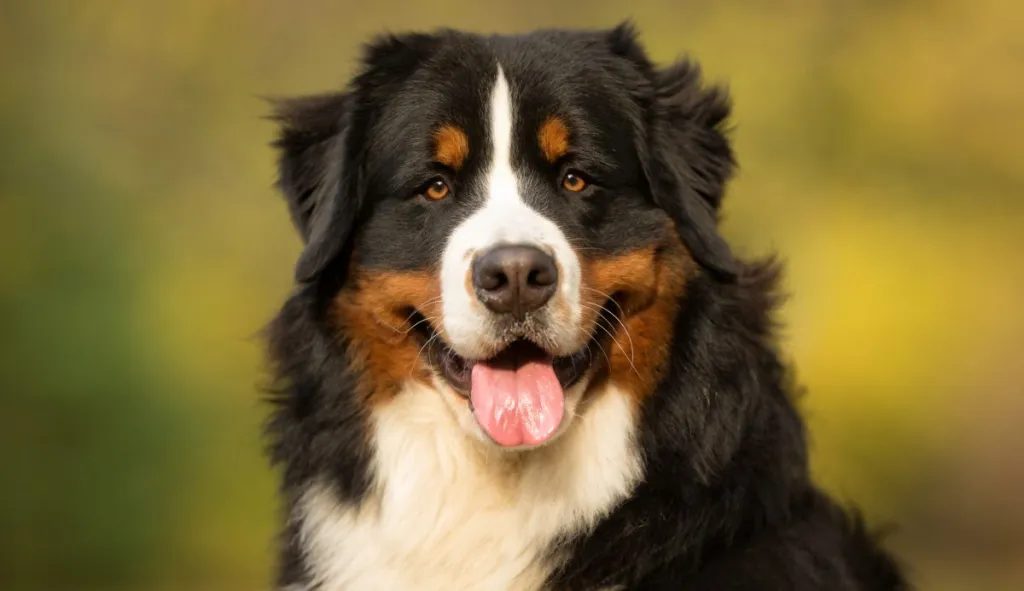📖 Table of Content:
Some of the most beloved dog breeds are also those with the shortest lifespans, and the reasons behind their early passing might surprise you. While these dogs often steal our hearts with their charm and loyalty, genetic predispositions and health challenges can lead to unexpectedly brief lives. Understanding the factors at play can help potential owners prepare and ensure they’re providing the best possible care for their furry companions.
Certain breeds, despite their popularity, are more prone to serious health issues that significantly affect their longevity. From heart problems to joint conditions and even cancers, these genetic quirks mean that these dogs need special attention throughout their lives. But knowing what to expect—and how to manage these risks—can make a huge difference in their quality of life and the time you get to spend together.
While it may seem daunting, owning a dog with a shorter lifespan doesn’t have to be a sad reality. In fact, being aware of these breeds’ unique needs can lead to a stronger, healthier bond with your pet. By learning more about which breeds face these challenges and why, you’ll be equipped to make the most of every moment you share with your dog.
1. Great Dane
Known for their impressive size, great danes unfortunately have shorter lifespans averaging about 7 to 10 years. These gentle giants are prone to heart disease and bloat, a condition that can quickly become life-threatening.
Heart conditions, such as dilated cardiomyopathy, are common in this breed, emphasizing the importance of regular veterinary check-ups. Their large size also contributes to joint and bone issues, requiring mindful exercise routines.
While their size is imposing, their affectionate nature makes them lovable companions. Prospective owners should prepare for potential health challenges and ensure a healthy diet and environment.
2. Bulldog
Bulldogs, with their charming wrinkled faces, often live around 8 to 10 years. They face numerous health issues due to their brachycephalic (short-nosed) structure, such as respiratory problems.
Overheating is a significant concern, requiring owners to provide cool environments and avoid strenuous activity in hot weather. Their skin folds need regular cleaning to prevent infections.
Despite these challenges, bulldogs are known for their gentle, loyal nature and make excellent family pets. Careful attention to their health and environments can help manage their conditions effectively.
3. Boxer
Energetic and playful, boxers have a lifespan ranging from 10 to 12 years. However, they are susceptible to several health issues, including cancer and heart conditions like aortic stenosis.
Regular vet visits are crucial for the early detection of these issues. Boxers also have a higher risk of developing hip dysplasia, which can affect their mobility.
Despite these health concerns, their playful nature and strong bond with families make them wonderful companions. Owners should provide plenty of exercise and monitor their health to ensure a happy, active life.
4. Cocker Spaniel
Beloved for their friendly disposition and beautiful coats, cocker spaniels typically live between 12 to 15 years. However, they are prone to ear infections and heart issues, requiring vigilant care.
Regular grooming and ear cleaning are essential to prevent infections. Heart murmurs and mitral valve disease are common, so regular cardiac evaluations are recommended.
Cocker spaniels thrive in loving environments and are known for their loyalty. With proper care and attention, they can lead fulfilling lives, providing joy to their families.
5. Saint Bernard
Gentle giants, Saint Bernards typically have shorter lifespans, usually ranging from 8 to 10 years. Their large size makes them prone to several health issues, including hip dysplasia and heart problems. Despite their challenges, their loving nature makes them cherished companions.
Regular vet check-ups and a balanced diet are essential to manage these conditions. Their thick coats require consistent grooming to keep them healthy and comfortable.
Saint Bernards are known for their friendly and protective nature, making them great family dogs. With careful health management, they can enjoy a good quality of life.
6. Irish Wolfhound
The tallest of all breeds, Irish wolfhounds have a lifespan of about 6 to 8 years. Their impressive size makes them prone to heart disease, bone cancer, and bloat. Despite these health risks, they are known for their gentle and affectionate nature.
Regular veterinary care and attention to diet and exercise are critical for managing their health. Despite their size, they are gentle and friendly, making them excellent companions.
Owners should be prepared for the emotional challenges of their shorter lifespan but can take solace in the quality companionship these dogs provide.
7. Rottweiler
Robust and loyal, rottweilers typically live between 8 to 10 years. However, they are prone to certain health issues, including hip dysplasia, heart disease, and cancer.
Regular exercise and a balanced diet are essential to maintain their health, along with routine vet visits for early detection of potential issues. Their protective nature makes them excellent guard dogs.
Rottweilers are intelligent and trainable, making them great family pets when properly socialized. Owners should provide structured environments and consistent care to ensure their well-being.
8. Doberman Pinscher
Known for their intelligence and loyalty, doberman pinschers typically live around 10 to 12 years. However, they are prone to heart conditions such as dilated cardiomyopathy and von Willebrand’s disease.
Regular health screenings and a nutritious diet are vital for their care. Their sleek coats require minimal grooming, but their energetic nature needs ample exercise.
Despite potential health concerns, dobermans are devoted companions and excel in active homes. They require experienced handling to ensure they thrive and remain well-adjusted.
9. Newfoundland
Newfoundlands are known for their gentle temperament and swimming prowess, living around 8 to 10 years. They are susceptible to heart issues like subvalvular aortic stenosis and joint problems like hip dysplasia.
Providing a balanced diet and regular exercise is crucial to manage their health. These large dogs also require consistent grooming to maintain their thick coats.
Despite their health challenges, newfoundlands are excellent family pets, known for their loving and protective nature. Owners should ensure their living environments support their health and activity needs.
10. Chow Chow
Known for their distinctive appearance and aloof nature, chow chows have lifespans ranging from 8 to 12 years. They are prone to health issues like hip dysplasia and eye problems.
Regular veterinary care and grooming are essential due to their thick, dense coats and predisposition to skin problems. Their independent nature requires firm, consistent training.
Despite their aloofness, chow chows can be loyal companions. Understanding their unique needs and health risks helps owners provide the best care, ensuring they lead fulfilling lives.
11. Scottish Deerhound
Known for their grace and speed, Scottish deerhounds typically live around 8 to 11 years. They are prone to heart disease and bloat, both of which can be life-threatening.
Regular health checks and a proper diet are crucial to managing these risks. Their gentle temperament makes them wonderful companions, especially in spacious homes.
Despite potential health challenges, deerhounds are affectionate and loyal pets. Prospective owners should be prepared for their specific health needs and shorter lifespan, ensuring these elegant dogs enjoy quality lives.
12. Bernese Mountain Dog
Known for their friendly nature and striking tri-color coats, Bernese mountain dogs have lifespans of about 6 to 8 years. They are prone to health issues like cancer and hip dysplasia.
Regular vet visits and a balanced diet are essential to manage their health. Their thick coats require consistent grooming to prevent matting.
Despite these challenges, Bernese are loving family pets, known for their loyalty and gentle demeanor. Owners should provide appropriate care and attention to ensure they live happy, fulfilling lives.

